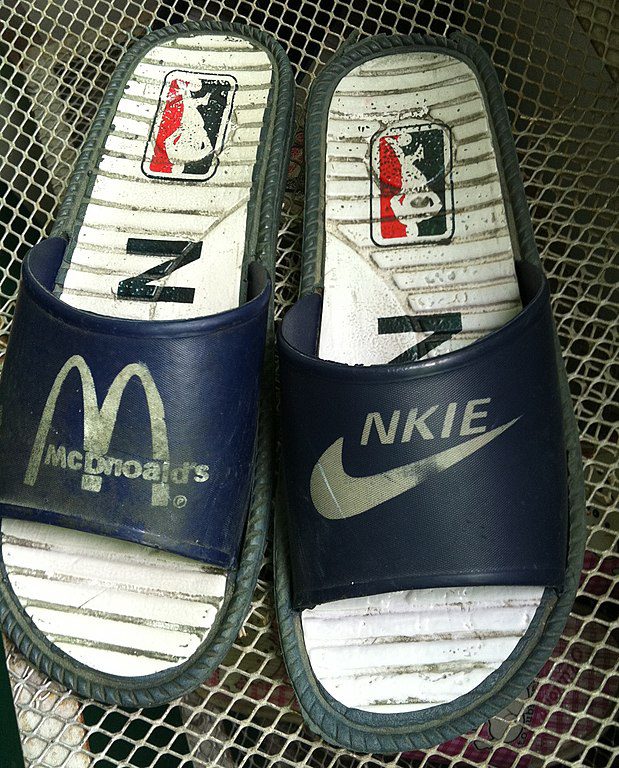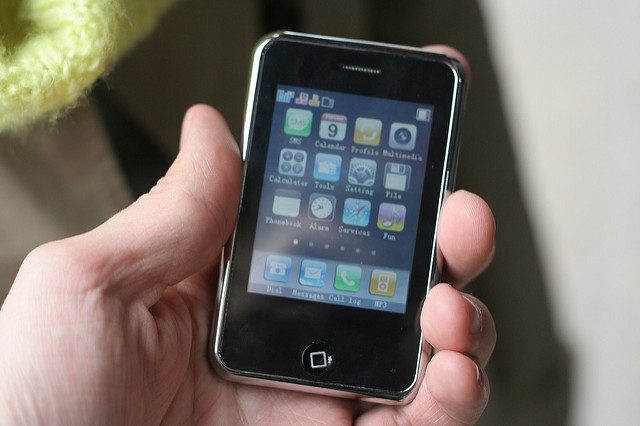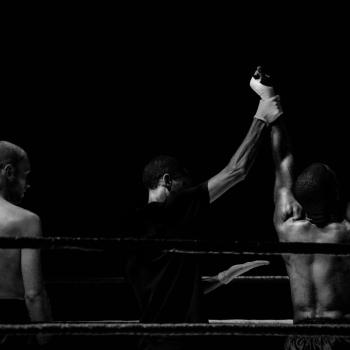Everyone understands and affirms the importance of achieved honor (or shame). People have a harder time grasping the significance of ascribed honor. Yet, as I’ve written before, the biggest difference between honor-shame in the East compared to the West likely is the different way Easterners emphasize ascribed honor.
So, when I saw the video below, I jumped with excitement. Not only does it show the power of reputation and perceived honor (within the marketplace), it also shows the limits of achieved honor. That is, an individual or company can do something worthy of honor but not get it. Why? The lack of “ascribed honor” acts as an inherent check.
Why Pay More at “Palessi“?
According to Good Morning America, “the discount shoe maker created the boutique ‘Palessi,’ which convinced fashion influencers to pay inflated prices for the non-designer shoes.”
(By the way, I love to subtle play on sounds built into the name “Palessi.”)
Our assumptions affect our perceptions (which is not obvious to everyone). We tend to think that we simply perceive the way things are, whether aspects of reality, culture, or social dynamics. We assume important people and significant moments will look a certain way. (Isn’t this what happened with Christ?)
We make judgments based on people’s titles or the number of social media followers another person has. When we don’t see certain criteria boxes checked, we dismiss them.
Perhaps, you might think, “I’m not a sucker for the ploys of marketers and self-promoters.” While doubtful, let’s grant the point for a moment. Even if you don’t judge others by appearances, titles, gender, or other aspects of social identity, how often to you find yourself subtly curating your own social reputation? Might you unwittingly associate reputation and social status with personal worth? How much do perceptions influence your decisions and thoughts daily?
China is a social petri dish

If you want to study ascribed honor (and shame), China is a social petri dish.
In 2016, OECD reported that China is the world’s biggest producer of fake goods. I doubt much has changed in 2 years. An massive industry of copycat stores and products thrives, which means we are constantly entertained by hilarious signs and names.
Counterfeit products exist because of “ascribed honor.” Fake dealers spare no expense projecting a socially honored image.

They derive a profit by borrowing from the respect given to companies like Apple and Nike. This practice is great for those who don’t mind buying illegal goods. Yet, you might be in for a bad surprise when you buy technology from a fake Apple store. The store will not “achieve” the honor that the name “Apple” has been ascribed.
Computers and clothing are not the only sources of ascribed honor for businesses. For many years, companies have hired Westerners, especially white people, to attract the attention of customers and look reputable to local Chinese.
This phenomenon is spotlighted in the documentary Dream Empire. See the trailer below.
Ascribed honor is a major catalyst for guanxi or relationship building in China. It’s what opens one door after another.
Before he became the US President, people saw the name “Trump” as a respectable brand of hotels and casinos.
How have you seen ascribed honor (or shame) at work around you?
I’ve written on this topic before. Here are a few.
A Few Previous Posts
The Problem of “Ascribed Righteousness”
U.S. military as Onramp for Understanding Honor-Shame Cultures
Why Chelsea Clinton was named “Mother of the Year”
Women and Ascribed Shame (by Moyra Dale)
A Simple Approach to Honor-Shame Gospel Presentations

















